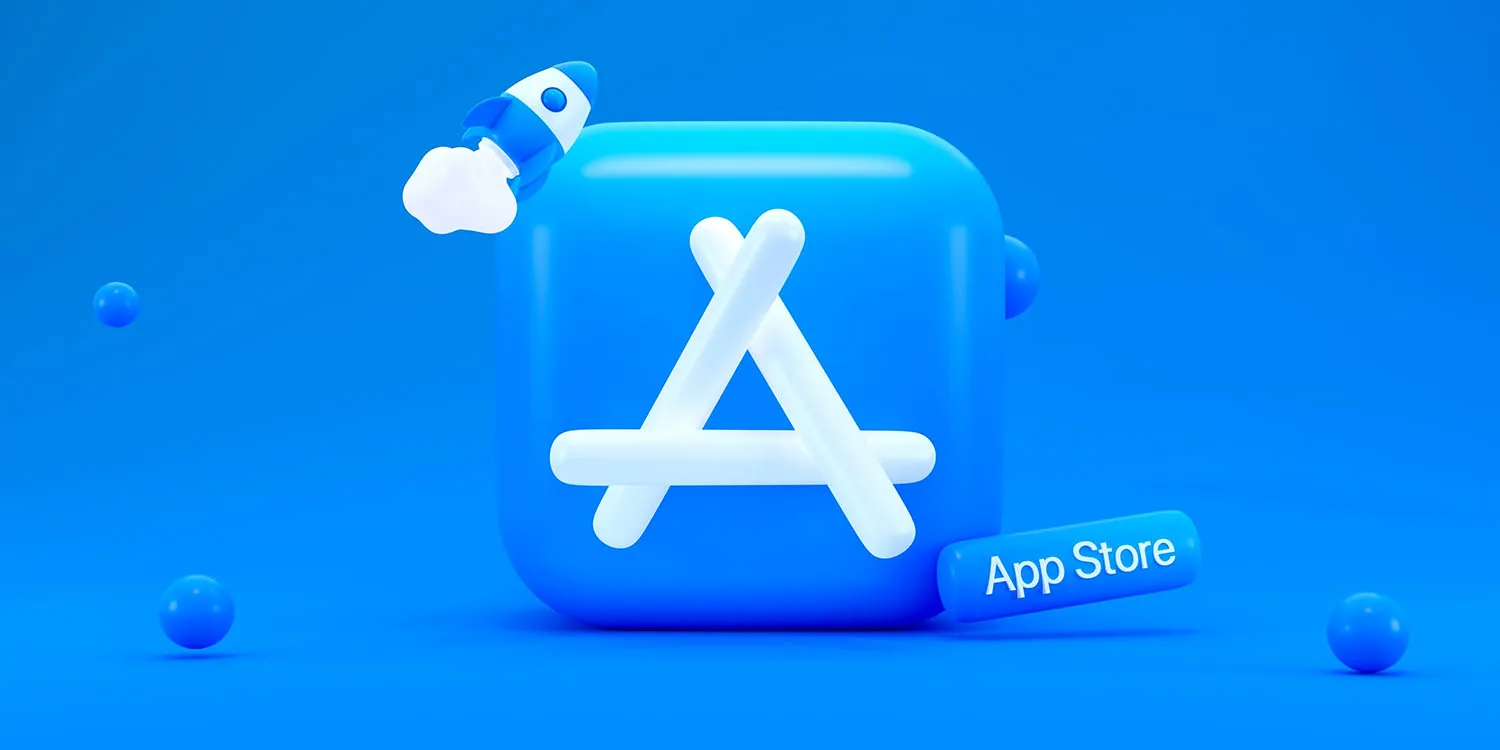In a significant development for iPhone users, Apple is reportedly gearing up to introduce app sideloading in the European Union, marking a notable shift in its traditionally restrictive app distribution policies. This move, prompted by the EU’s Digital Markets Act (DMA), is expected to bring a new dimension of app accessibility to iPhone and iPad users in Europe.
Key Highlights:
- Apple is preparing to enable app sideloading for iPhone and iPad users in the EU.
- The European Union’s Digital Markets Act (DMA) is the driving force behind this change.
- Apple plans to split the App Store into two versions: one for Europe and another for the rest of the world.
- Sideloading will allow users to install third-party apps from sources outside the iOS App Store.
- Developers will still be required to pay a fee to Apple, despite offering apps through third-party stores.

Sideloading and the Digital Markets Act
The EU’s DMA, a piece of antitrust legislation, is compelling Apple to make significant changes to its iOS platform. This legislation requires tech giants like Apple to open up their platforms for more competition, leading to the introduction of app sideloading on iOS devices. Apple’s compliance with the DMA, which includes allowing third-party apps and payment platforms, is a monumental shift from its longstanding policy of exclusive App Store distribution.
The App Store Split: A Dual Experience
Bloomberg’s Mark Gurman reports that Apple is expected to roll out an iOS 17 update that will facilitate this change in the EU. This update will see the App Store split into two distinct versions, creating a separate experience for European users. While this bifurcation aims to comply with the EU’s regulations, it raises questions about the consistency of the user experience across different regions.
Security Concerns and Developer Fees
The introduction of sideloading has sparked debates regarding potential security risks. Critics argue that allowing apps from outside the official App Store could lead to increased incidents of bugs, surveillance, and fake apps, potentially compromising user privacy and account security. Despite these concerns, proponents see this as a positive step towards more consumer freedom and choice.
In terms of financial implications, developers will still be required to pay Apple a percentage of their sales, even for apps distributed outside the App Store. This means that while there might be more app choices, there might not be a significant reduction in app prices or subscription costs.
Global Implications and Future Prospects
While the EU might be the pioneer in enforcing sideloading on Apple devices, other countries like Japan and the United States are also considering similar legislation. This global trend suggests that Apple might eventually extend sideloading capabilities worldwide, aligning its practices across different markets.
The introduction of app sideloading on iPhones in the EU is a significant development in the realm of digital markets and antitrust legislation. While it presents new opportunities for consumers and developers, it also brings challenges and concerns, particularly regarding security and user experience. As the March 7th deadline for Apple’s compliance with the DMA approaches, the tech world eagerly anticipates the implications of this major shift in app distribution








